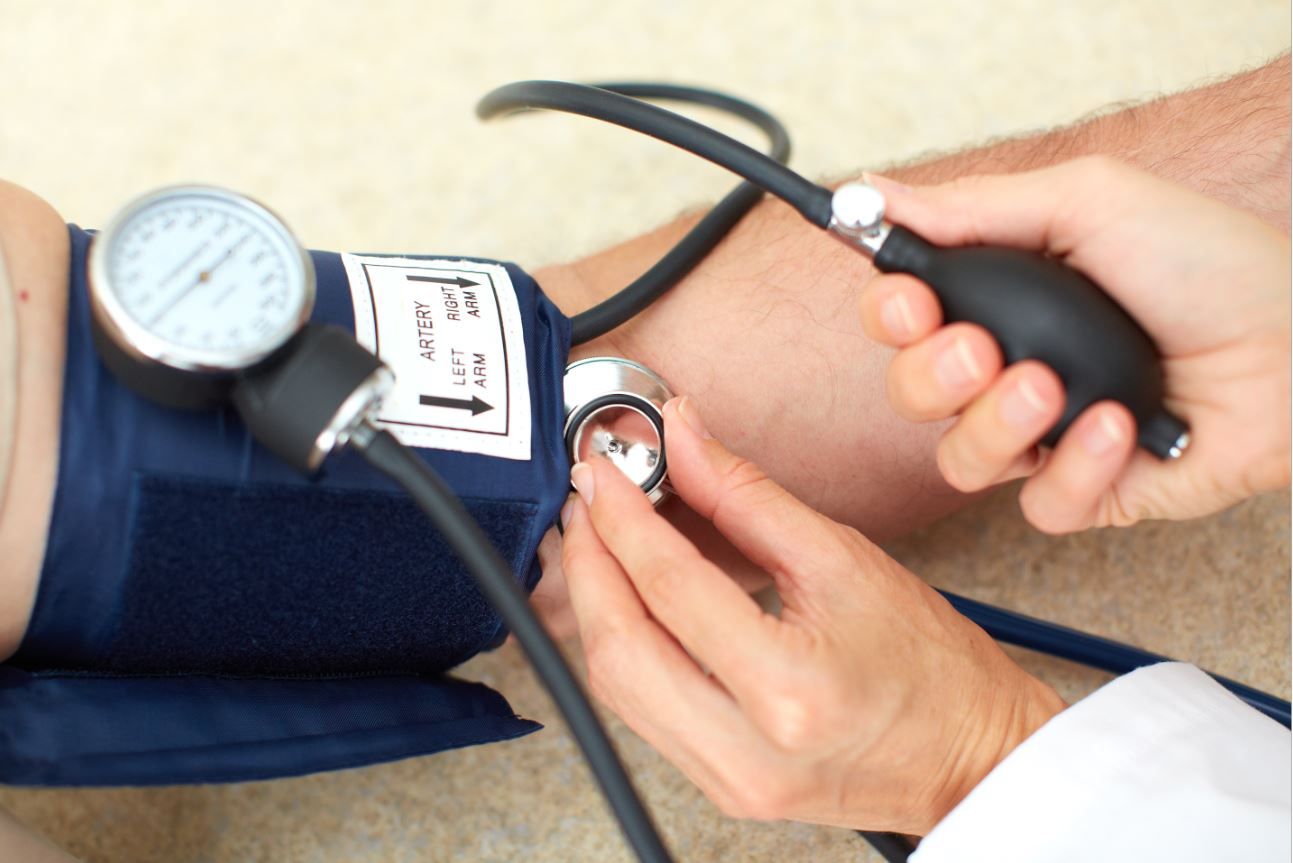- Clinical Technology
- Adult Immunization
- Hepatology
- Pediatric Immunization
- Screening
- Psychiatry
- Allergy
- Women's Health
- Cardiology
- Pediatrics
- Dermatology
- Endocrinology
- Pain Management
- Gastroenterology
- Infectious Disease
- Obesity Medicine
- Rheumatology
- Nephrology
- Neurology
- Pulmonology
Specific Blood Pressure Thresholds Not Needed When Selecting Patients with T2D for Antihypertensive Treatment, Suggests New Research

Findings from a new meta-analysis suggest the adoption of differential blood pressure (BP) thresholds and intensity of BP lowering may not be warranted in patients with and without type 2 diabetes (T2D).
“Although the relative beneficial effects of blood pressure reduction on major cardiovascular events were weaker in participants with type 2 diabetes than in those without, absolute effects were similar,” wrote authors led by Milad Nazarzadeh, MSc, epidemiologist, Nuffield Department of Women’s and Reproductive Health, University of Oxford, United Kingdom, in the journal The Lancet Diabetes & Endocrinology. “The difference in relative risk reduction was not related to the baseline blood pressure or allocation to different drug classes.”
Patients with T2D and hypertension are at an increased risk of morbidity and death from major cardiovascular (CV) events, however, there are inadequate data to determine if the benefit of BP-lowering treatment differs between patients with T2D and those without T2D. Also, there is uncertainty around whether a specific BP threshold to initiate BP-lowering treatment should differ between persons with and without T2D.
To investigate this further, Nazarzadeh and colleagues conducted an individual participant-level data meta-analysis of major randomized controlled trials (RCTs) using the Blood Pressure Lowering Treatment Trialists’ Collaboration dataset.
Data from 51 RCTs published between 1981 and 2014 involving 358 533 participants (58% men) were included in the analysis, among whom 103 325 had known T2D at baseline and 255 208 did not. The primary outcome was the occurrence of major CV events, defined as the first occurrence of fatal or nonfatal stroke or cerebrovascular disease, fatal or nonfatal ischemic heart disease, or heart failure causing death or requiring hospitalization, according to investigators.
The baseline mean systolic/diastolic BP of participants with and without T2D was 149/84 mm Hg and 153/88 mm Hg, respectively.
Over 4.2 years median follow-up, results showed that a 5-mm Hg reduction in systolic blood pressure decreased the risk of major CV events in both cohorts, but with a weaker relative treatment effect in participants with T2D (hazard ratio [HR], 0.94; 95% CI, 0.91-0.98) compared to those without T2D (HR, 0.89; 95% CI, 0.87-0.92; Pinteraction=.0013). Researchers noted this heterogeneity effect was mostly driven by ischemic heart disease, for which effects were weaker in participants with T2D (HR, 0.98; 95% CI, 0.94-1.03) than in those without (HR, 0.90; 95% CI, 0.87-0.94; Pinteraction=.011).
Nazarzadeh et al reported that absolute risk reductions did not differ substantially between participants with and without T2D due to the higher absolute CV risk among participants with T2D.
“In keeping with the primary findings, analysis using stratified network meta-analysis showed no evidence that relative treatment effects differed substantially between participants with type 2 diabetes and those without for any of the drug classes investigated,” wrote researchers.
“In people with established type 2 diabetes, the current blood pressure thresholds for initiation of blood pressure treatment do not seem to be justified. This study calls for the removal of specific blood pressure thresholds when selecting people with type 2 diabetes for antihypertensive therapy,” concluded Nazarzadeh and colleagues.
Reference: Nazarzadeh M, Bidel Z, Canoy D, et al. Blood pressure-lowering treatment for prevention of major cardiovascular diseases in people with and without type 2 diabetes: An individual participant-level data meta-analysis. Lancet Diabetes Endocrinol. 2022;10:645-654.
